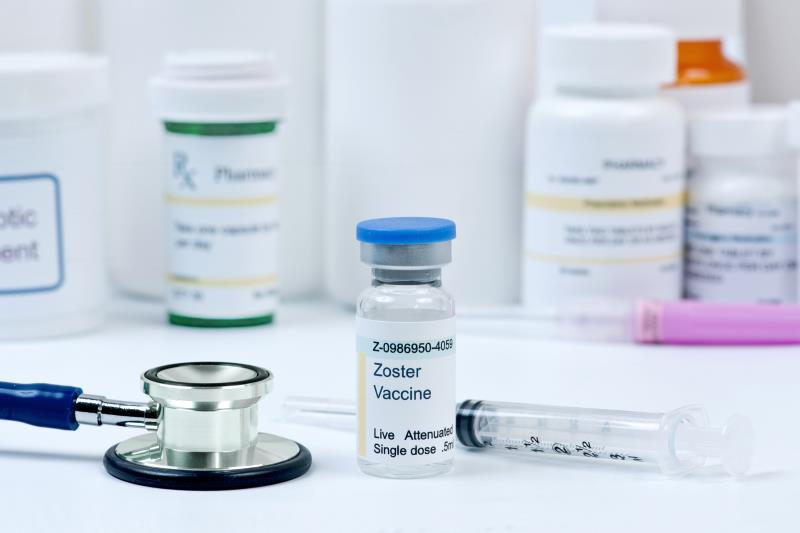
Vaccination against herpes zoster (shingles) with the Zoster Vaccine Live (ZVL) vaccine may reduce the risk of stroke in older adults, according to a study presented at the recent ISC 2020 conference.
The researchers conducted a population-based study using data of 1,382,051 Medicare beneficiaries aged ≥66 years with no history of stroke and who received ZVL between 2008 and 2014. They were compared with a control group comprising the same number of individuals who had not received ZVL.
Over a median 3.9-year follow-up period, a total of 42,267 strokes occurred among individuals who received ZVL, including 33,510 acute ischaemic strokes and 4,318 haemorrhagic strokes over 5,890,113 person-years. In the control group, 48,139 strokes occurred, including 39,334 acute ischaemic strokes and 4,713 haemorrhagic strokes over 5,693,943 person-years.
The risk of stroke was reduced by 16 percent among individuals who received ZVL compared with the control group (crude incidence, 7.18 vs 8.45 per 1,000 person-years; p<0.001; adjusted hazard ratio [adjHR], 0.84, 95 percent confidence interval [CI], 0.83–0.85). [ISC 2020, abstract TP493]
This reduced stroke risk among ZVL recipients vs non-recipients applied to both acute ischaemic stroke (crude incidence, 5.40 vs 6.53 per 1,000 person-years; p<0.001; adjHR, 0.82, 95 percent CI, 0.81–0.83) and haemorrhagic stroke (crude incidence, 0.73 vs 0.82 per 1,000 person-years; p<0.001; adjHR, 0.88, 95 percent CI, 0.84–0.91).
While the reduced stroke incidence following ZVL administration appeared consistent regardless of sex and race, individuals aged 66–79 years may have derived greater benefit compared with those aged ≥80 years, with an almost 20 percent stroke risk reduction among those aged <80 years and an approximate 10 percent reduction in those aged ≥80 years (pinteraction=0.020).
An association between shingles and an increased risk of stroke has been demonstrated in previous research. [J Am Coll Cardiol 2017;70:295-296]
“The reason for increased risk of stroke after a shingles infection may be due to inflammation caused by the virus,” said lead author of the present study Dr Quanhe Yang from the Centers for Disease Control and Prevention (CDC), Atlanta, Georgia, US.
“Our study results may encourage people ages 50 [years] and older to follow the recommendation and get vaccinated against shingles. You are reducing the risk of shingles, and at the same time you may be reducing your risk of stroke,” noted Yang.
Yang highlighted that while ZVL reduces the risk of shingles by about 51 percent, its effect decreases with age. In addition, the present study was carried out when ZVL was the only shingles vaccine available. The currently available Adjuvanted, Non-Live Recombinant Shingles Vaccine is highly effective (two doses confer >90 percent protection) in preventing shingles and is the CDC-recommended vaccine for adults aged ≥50 years.
Future research is warranted to not only establish the findings of the present study, but also to assess if the Adjuvanted, Non-Live Recombinant Shingles Vaccine is also associated with a stroke risk reduction.